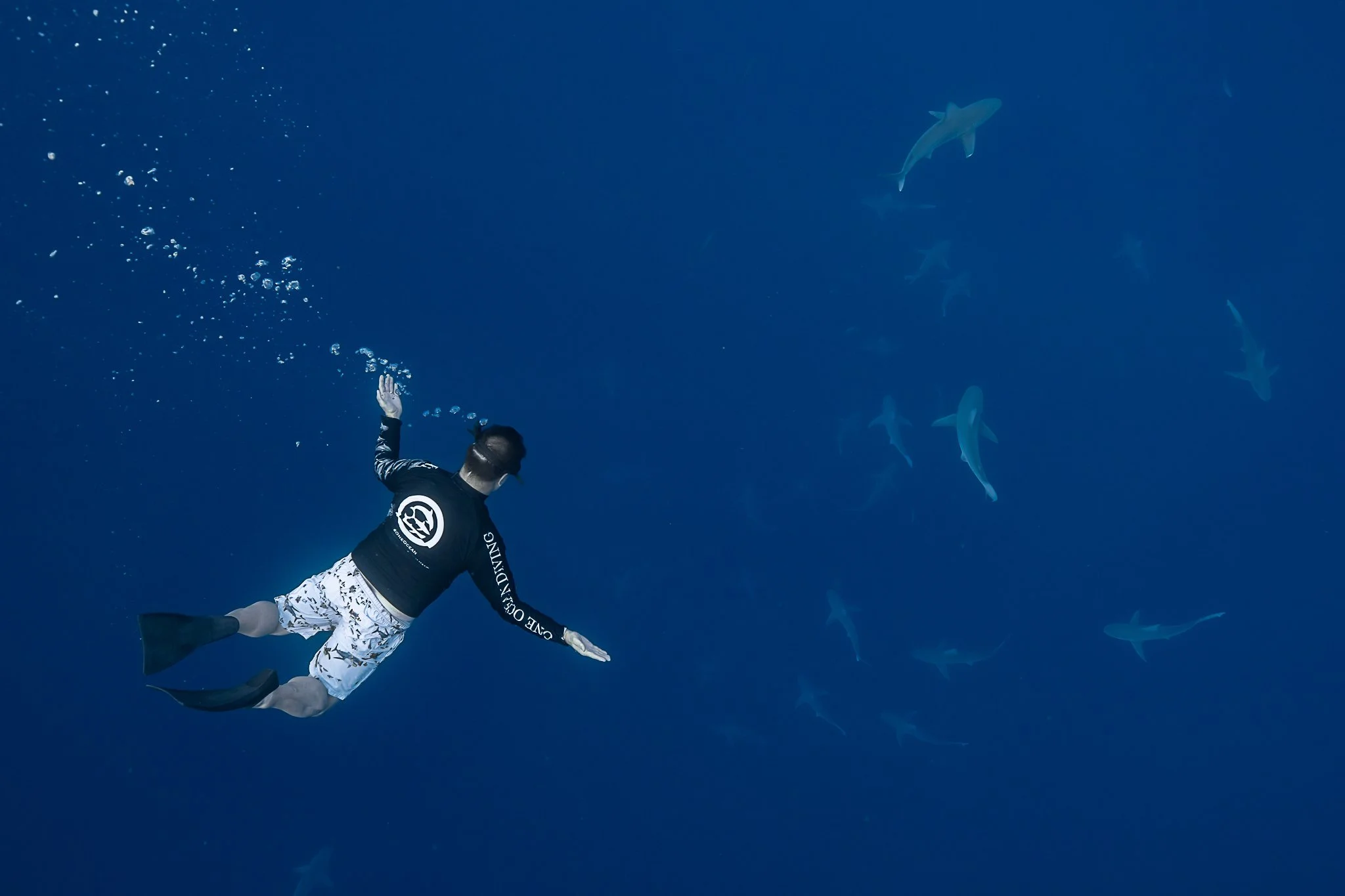Practice Response-Ability
In moments of stress, our instinctive reactions can sometimes worsen situations or create unintended outcomes. Building response-ability—the ability to consciously choose responses instead of reacting automatically—can help maintain better relationships, enhance performance in the moment, and improve our ability to do the right thing in times of challenge. Ultimately, developing this skill empowers us to navigate challenges with a thoughtful and intentional mindset.
Response-ability is the space between a stimulus and our reaction, where we have the power to choose our response. It is in this small space of time that we have opportunities for intentional responses rather than automatic reactions. The longer we make that time, the more likely it becomes that we respond the way we want to, rather than react the way we will regret later.
A few practical tips…
Building response-ability starts with a pause, allowing even a brief moment for conscious decision-making. During stressful moments, take a deep breath and count to three before responding. This short pause helps give you a chance to think, enabling you to respond with intention in a calm and deliberate way.
A little reflection and deconstruction can go a long way. When you’ve had moments where you reacted to a situation and you were not thrilled with the way you handled things, give yourself some grace and journal about it. Think about what went well and what you wish you did differently. Then consider - why did you react? What is the underlying cause of the reaction? How could you breathe your way though the immediate stress in the future to get from reaction to response?
Visualize yourself pausing, taking a breath, and responding calmly and effectively. Over time, visualization can reinforce new response patterns, making them easier to access in real situations.
Regularly exercising response-ability strengthens neural pathways associated with self-control, allowing for better management of daily pressures and challenges. This is a critical tool for leaders and high performers who will inevitably find themselves in stressful circumstances where the way that we act think and feel has a lasting impact on others - for better or for worse. Let’s make sure we do our best to make our impact better.
Response-ability is a skill that can be cultivated with intention and practice. Begin by building pauses into your day, reflecting on your reactions, and visualizing thoughtful responses. This shift from reaction to response can transform your approach to stress, improving both personal and professional outcomes.
This article is based on my Rest Refocus Recharge book. If you want to learn more about rest, recovery and regeneration for healthy peak performance you can order the book here.

